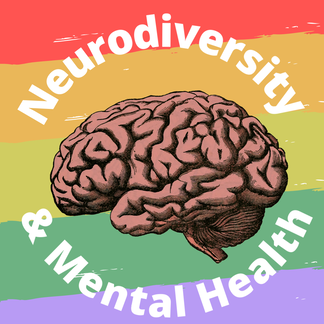|
Did you know that Autistic individuals have an increased risk of developing mental health difficulties than the neuro-typical population? This is in part due to Autistic individuals being exposed to multiple types of adverse experiences, including bullying, harassment and chronic invalidation- being made to feel as if their own subjective experiences are inaccurate or unacceptable by those around them. Despite this, many autism-specific services fail to acknowledge and treat mental health difficulties and mental health services are often ill-equipped to address the often complex dynamic between autism and mental health difficulties. So what’s the solution? Mind, a mental health charity based in the UK, have been working to develop guidance for mental health practitioners and organisations to ensure that Autistic individuals receive appropriate, respectful support. They are continuing to work with other organisations throughout the UK to 1) improve services, 2) provide effective training for agencies, 3) raise awareness in GP’s and other professionals and 4) influence positive change at a political level.
If you are a counsellor or psychotherapist working independently, you are likely to come in contact with an Autistic individual who needs support at some point in your career. I believe it is our responsibility as mental health practitioners to educate ourselves so that we can provide informed, neurodiversity affirming support to Autistic individuals experiencing mental health difficulties. You can start by downloading Mind’s guidance for professionals below, however, this is just a start. If you’d like to learn more about neurodiversity and mental health and implications for professional practice I encourage you to dig a little deeper. Get in touch and I’d be happy to recommend some resources to get you started! cloieparfitt@gmail.com https://www.mind.org.uk/media-a/4259/autism-guide-web-version.pdf <%22> Comments are closed.
|
About the
|


